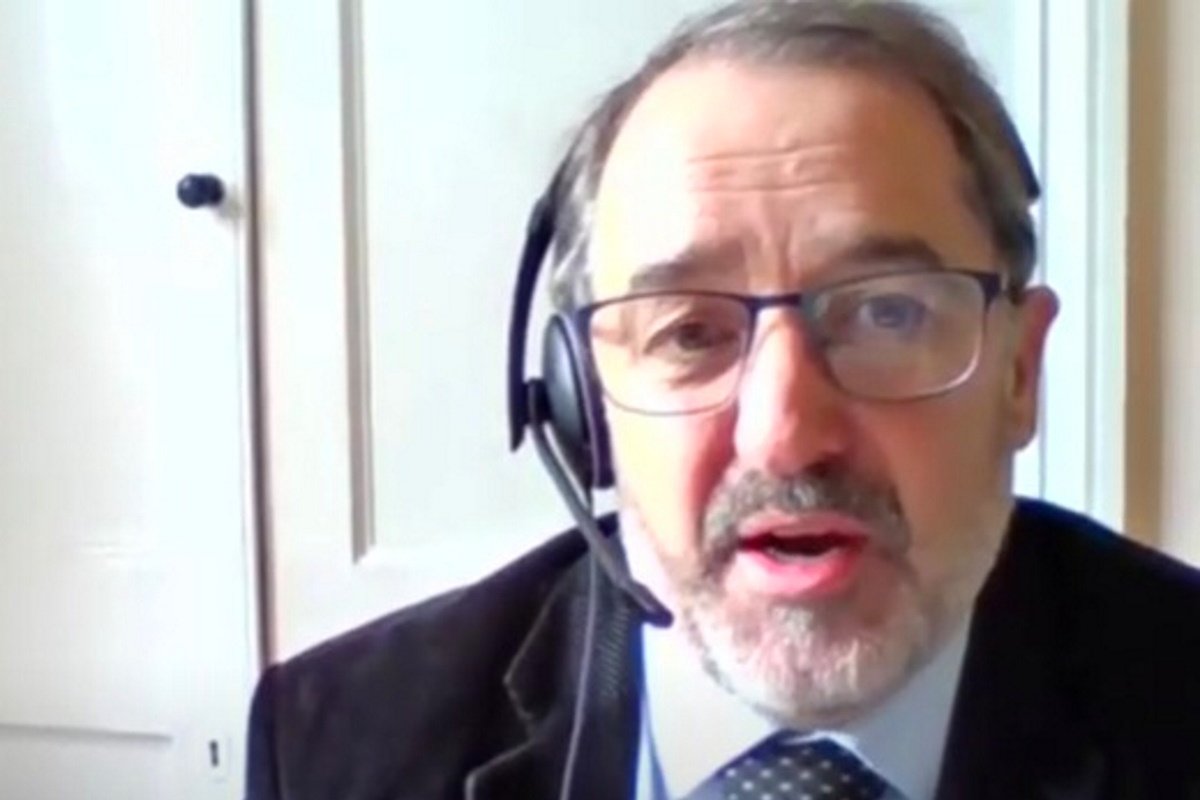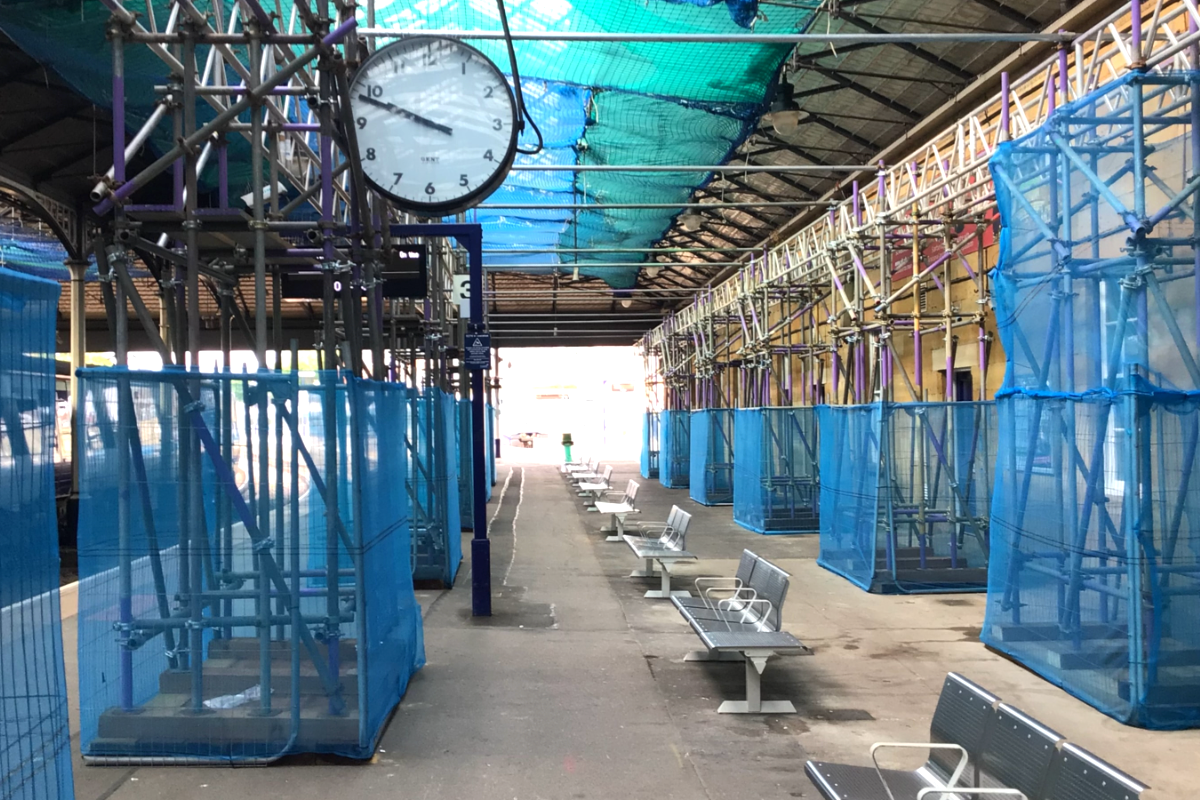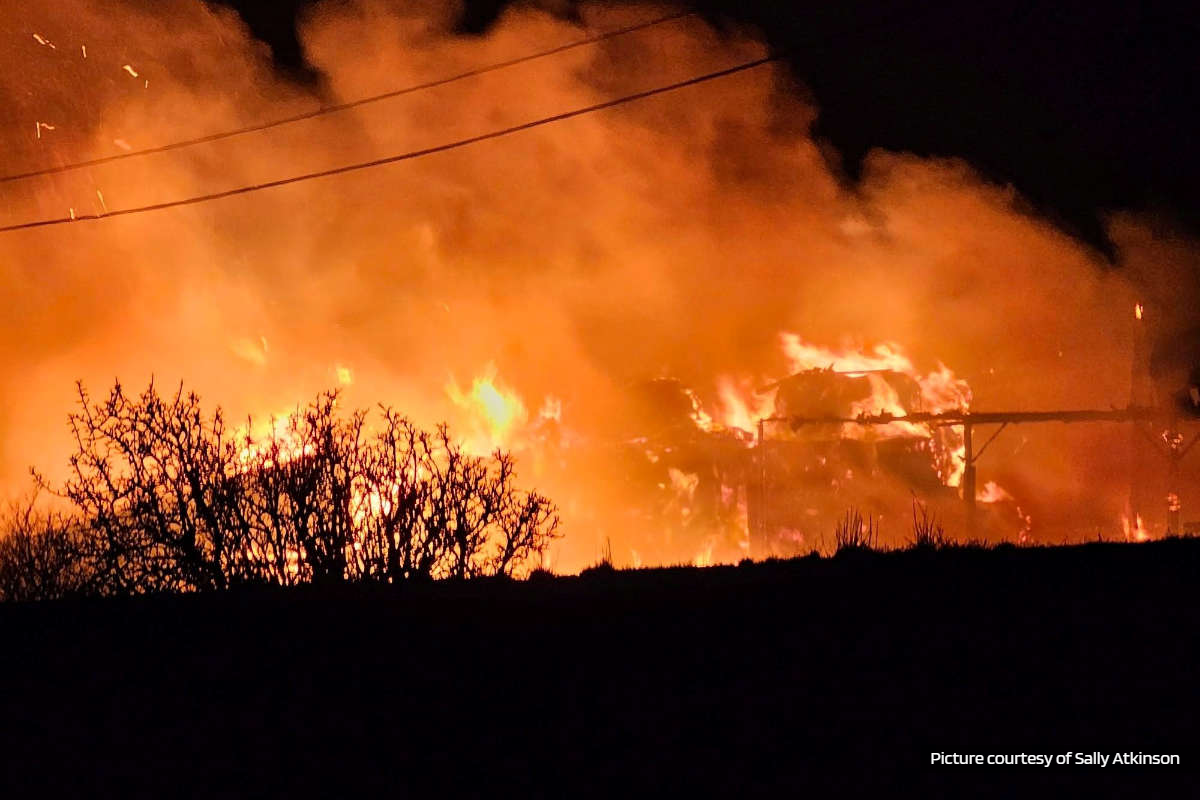
East Riding Council’s public health lead has said people should check coronavirus rules in other countries if holidaying abroad as many maintain stricter restrictions than the UK.
East Riding Council’s Public Health Director Andy Kingdom said coronavirus rules overseas could change at short notice and advised local holidaymakers to do their research before travelling.
He added people should remember that vaccination rates in some parts of the world remain very low and that people should plan trips to such countries with that in mind.
It comes as Mr Kingdom said public health officials were not expecting the school half term holidays to act as a ‘circuit breaker’ for infections because pupils could mix elsewhere.
He added that for people thinking about booking holidays, it was important that they respect coronavirus rules in other countries which may be different to the UK’s.
Mr Kingdom said:
“Public health officials appreciate the situation with holidays is different now to what it was last year and the year before, a lot of people are desperate to go abroad.
“The thing to remember about when to go abroad for a holiday is that the UK is probably a bit ahead of other countries in terms of opening up.
“So my advice for people booking holidays would be to check on the rules in the country you want to visit and to keep an eye on them because they change them regularly.
“A lot of countries still have rules requiring travellers to prove they’ve had two vaccines or the booster as well and also to show a negative coronavirus test taken within a certain amount of days before arriving.
“Equally when travellers arrive they should respect the rules of the country they’re visiting, different cultures have dealt with coronavirus in different ways.
“Some countries require proof of vaccination to get entry into bars, restaurants, sights and other venues.
“Also people should do their research because some countries may have other rules which haven’t been in place here.
“And it’s important to bear in mind that in places like parts of Africa, vaccination rates are very low.
“On the other hand many people here have discovered places like the East Riding as staycations took off in the first summer of the pandemic.
“Tourism’s massive for the East Riding and I know many places have made improvements based on the changing perceptions of where holidaymakers would like to go.”
Mr Kingdom said infections were falling among school children after previously being at high levels following the New Year.
The director said:
“Children mixed over Christmas with their families and friends and then went back to their classes and mixed more, so lots of pupils and staff became infected.
“Cases have since fallen quite a bit, in the last week we’ve seen a big drop.
“Having said that we’re still seeing an average of between 70 and 80 new cases a day among school age children.
“When pupils go off for half term we could see cases among their age group reduce more, but it’s unlikely to act as a circuit breaker.
“The reason is that pupils are likely to travel to other places and mix among their friends, normally school holidays do act as a break but this time it’s different, what will happen is unclear.
“The situation in schools generally is much better than it was at the end of January.
“At one point we had more than 1,000 children learning from home but we’ve rarely had to close schools entirely.
“And because so many pupils have been infected that will give them a level of immunity against Omicron.
“We didn’t want them to get immunity that way, but they’ll now be well-primed to deal with Omicron.
“We’ve also just started vaccinating clinically vulnerable children aged five to 11 and we’re awaiting a decision from the Joint Committee on Vaccines and Immunisation (JCVI) on expanding the offer.
“As ever though, a more severe new variant emerging which could be more harmful to children and public health teams continue to monitor all new strains but we haven’t found one like that yet.”




 Injured Yorkshire Coast Seal Back in the Water
Injured Yorkshire Coast Seal Back in the Water
 Flamingo Land Welcomes Baby Giraffe
Flamingo Land Welcomes Baby Giraffe
 Scarborough and Whitby MP to Launch Petition for Return of Stroke Services
Scarborough and Whitby MP to Launch Petition for Return of Stroke Services
 UK Mayors Being Urged to Buy Scarborough Buses
UK Mayors Being Urged to Buy Scarborough Buses
 Free Music Events in Scarborough to Raise Funds for Andy's Man Club
Free Music Events in Scarborough to Raise Funds for Andy's Man Club
 Scarborough's Cross Lane Hospital Receives Heartfelt Gift
Scarborough's Cross Lane Hospital Receives Heartfelt Gift
 Saint Catherine’s Becomes First UK Hospice to Launch Masonic Aware Initiative
Saint Catherine’s Becomes First UK Hospice to Launch Masonic Aware Initiative
 Candidates Confirmed for First Scarborough Town Council Elections
Candidates Confirmed for First Scarborough Town Council Elections
 Scarborough Station Set for Multi-Million-Pound Roof Renovation
Scarborough Station Set for Multi-Million-Pound Roof Renovation
 Renewed Appeal Following "Shocking" Arson in Whitby
Renewed Appeal Following "Shocking" Arson in Whitby
 Six Candidates Standing to Become First Elected Mayor of Hull and East Yorkshire
Six Candidates Standing to Become First Elected Mayor of Hull and East Yorkshire
 Construction to Start on Whitby Maritime Hub
Construction to Start on Whitby Maritime Hub








Comments
Add a comment